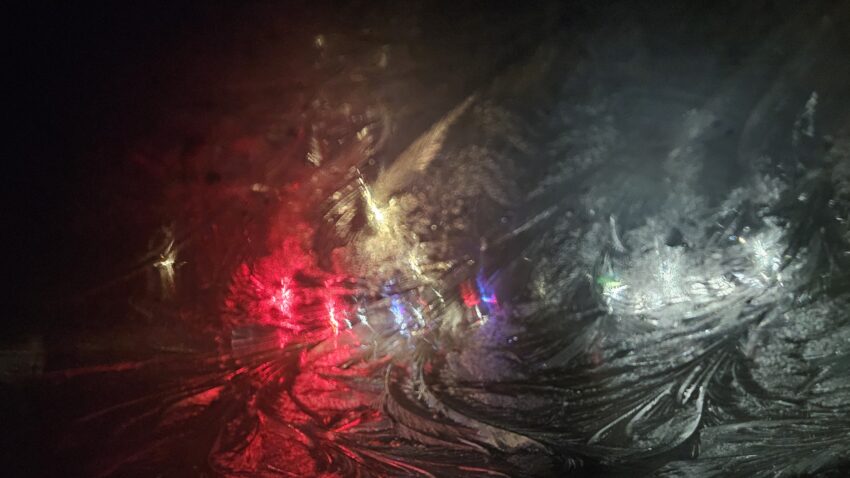[NOTE: This is a slightly-edited reprint of a previous post.]
I happen to like Thanksgiving. Always have. It’s a holiday for anyone and everyone in this country—except, of course, people who hate turkey. There are quite a few of those curmudgeonly folks, but I’m happy to report I’m not one of them. Even if the turkey ends up dry and overcooked, it’s nothing that a little gravy and cranberry sauce can’t fix. And although the turkey is the centerpiece, it’s the accompaniments that make the meal.
My theory on turkeys is that they’re like children: you coax them along and just do the best you can, but as long as you don’t utterly ruin or abuse them, they have their own innate characteristics that will manifest in the end. A dry and tough bird will be a dry and tough bird despite all that draping in fat-soaked cheesecloth; a tender and tasty one can withstand a certain amount of cooking incompetence.
One year long ago my brother and I were cooking at my parents’ house and somehow we set the oven on “broil,” an error that was only discovered an hour before the turkey was due to be finished cooking. But it was one of the best turkeys ever. Another time the turkey had turned deep bluish-purple hue on defrosting and was so hideous and dangerous-looking that it had to be abandoned. Another terrible time, one that has lived in infamy ever since, my mother decided turkey was passe and that we’d have steak on Thanksgiving.
Since I like to eat, I’m drawn to the fact that Thanksgiving is a food-oriented holiday with a basic obligatory theme (turkey plus seasonal autumnal food) and almost infinite variations on that theme. Sweet potatoes? Absolutely—but oh, the myriad ways to make them, some revolting, some sublime. Pie? Of course, but what kind? And what to put on it, ice cream, whipped cream, or both?
For me, there are three traditional requirements—besides the turkey, of course. There has to be at least one pecan pie, although eating it in all its sickening sweetness can put an already-sated person right over the top. The cranberry sauce has to be made from fresh cranberries (it’s easy: cranberries, water, and sugar to taste, simmered on top of the stove till mushy and a bright deep red), and lots of it (it’s good on turkey sandwiches the next day, too). The traditional stuffing in my family is non-traditional – and I already gave the recipe for it yesterday.
Thanksgiving is one of the few holidays that has a theme that is vaguely religious – giving thanks – but has no specific religious affiliation. So it’s a holiday that unites – although good luck on that. It’s one of the least commercial holidays as well, because it involves no presents. It’s a home-based holiday, which is good, too, except for those who don’t have relatives or friends to be with. One drawback is the terribly compressed travel time; I solve that by not usually traveling very far.
The main advantage to hosting the day is having leftovers left over. The main disadvantage to hosting the day is having leftovers left over.
I wish you all a wonderful Thanksgiving Day, filled with friends and/or family of your choice, and just the right amount of leftovers.

